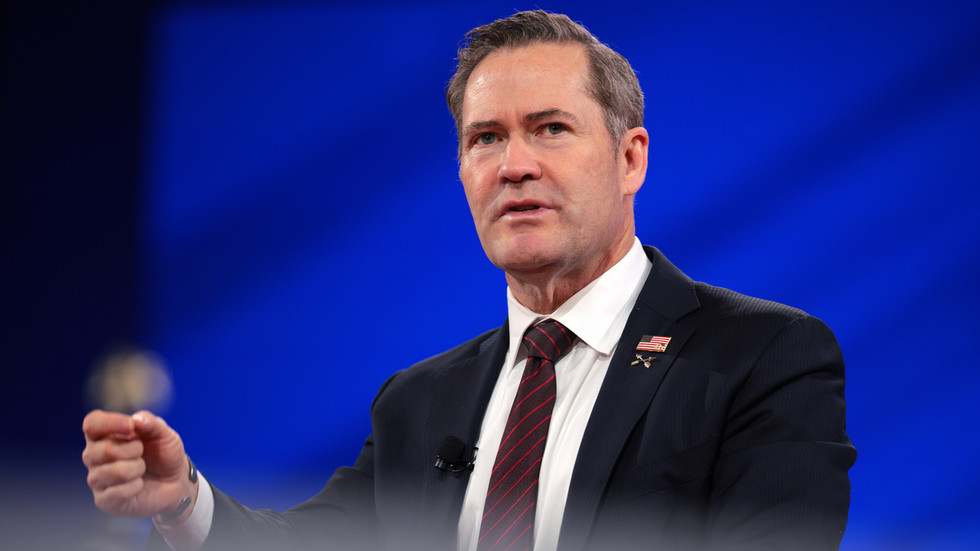
Steel magnate Lakshmi Mittal is contemplating leaving the UK due to recent tax reforms ending long-standing benefits for non-domiciled residents. Mittal, who has resided in the UK for nearly 30 years, could become one of the highest-profile entrepreneurs to relocate as a consequence of these reforms.
According to the Financial Times, Mittal is evaluating his options following the Labour government's decision to abolish the "non-dom" tax regime. A close associate remarked, "He is exploring his options and will decide later this year. There is a significant chance he will cease being a UK tax resident."
Mittal, whose family ranked seventh on the Sunday Times Rich List with a fortune estimated at £14.9 billion, owns luxury properties globally, including a chalet in St Moritz, Switzerland, and has recently made significant investments in Dubai real estate.
Over nearly five decades, Mittal transformed ArcelorMittal into the world’s second-largest steel producer. Since moving to the UK in 1995, Mittal has been deeply involved in British business circles, serving as CEO until four years ago before transitioning to executive chairman. His son, Aditya Mittal, now runs the company, with the family holding a 40% stake.
Mittal's potential departure highlights broader concerns that Labour’s fiscal reforms, particularly the removal of the
non-dom tax
status, could push wealthy individuals to leave the UK for more tax-friendly countries such as the UAE, Italy, and Switzerland.
Understanding the Non-Dom Tax Regime
Introduced more than two centuries ago, the UK's non-dom regime aimed to attract international merchants and investors. It allowed individuals who claimed permanent residency overseas to reside in the UK while avoiding British taxes on foreign income and gains unless brought into the UK (remittance basis). This policy made the UK particularly attractive for global entrepreneurs and investors like Mittal.
Critics, however, argued that this system was unfair, creating a privileged class exempt from taxes on substantial overseas earnings, leading to concerns about inequality and fairness.
Economic contributions from non-dom residents like Mittal have historically been substantial. Their investments in UK businesses, real estate, and philanthropy have significantly supported the economy. With Mittal and similar high-net-worth individuals considering leaving, there is worry about potential economic losses.
Historical Context: How Income Tax Changes Influenced the Wealthy
Changes in UK income tax rates have repeatedly impacted wealthy residents’ decisions on where to live. In the 1970s, the top income tax rate reached as high as 83%, with a punitive marginal rate of 98% for investment income, prompting high-profile figures like novelist and politician Jeffrey Archer to relocate to Ireland. Margaret Thatcher later dramatically lowered the top income tax rate to 40% in the 1980s, aiming to stimulate economic growth and reduce tax avoidance. This reversal attracted wealthy individuals back to the UK.
The UK has also seen departures of prominent figures like Rod Stewart, David Bowie, Lewis Hamilton, Jenson Button, and entrepreneur Sir Richard Branson, who relocated to countries with more favorable tax climates, such as Monaco and the British Virgin Islands.
In recent decades, tax burdens for high earners have gradually increased again, culminating in the latest Labour reforms. This, combined with the abolition of the non-dom status, has reignited fears of an exodus among affluent residents like Mittal.
Critics argue that such departures may harm the UK economy through reduced income taxes, diminished consumer spending, and decreased philanthropy. Additionally, individuals who leave the UK face strict visit restrictions—typically limited to 90 days annually, with work permitted on only 30 days of these visits, complicating ongoing business interests.

 1 day ago
6
1 day ago
6









